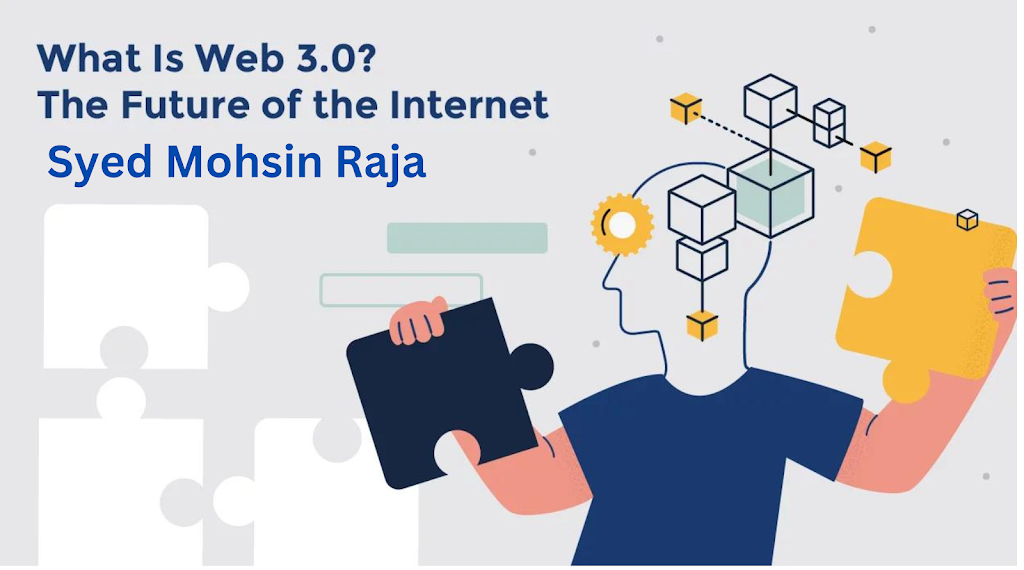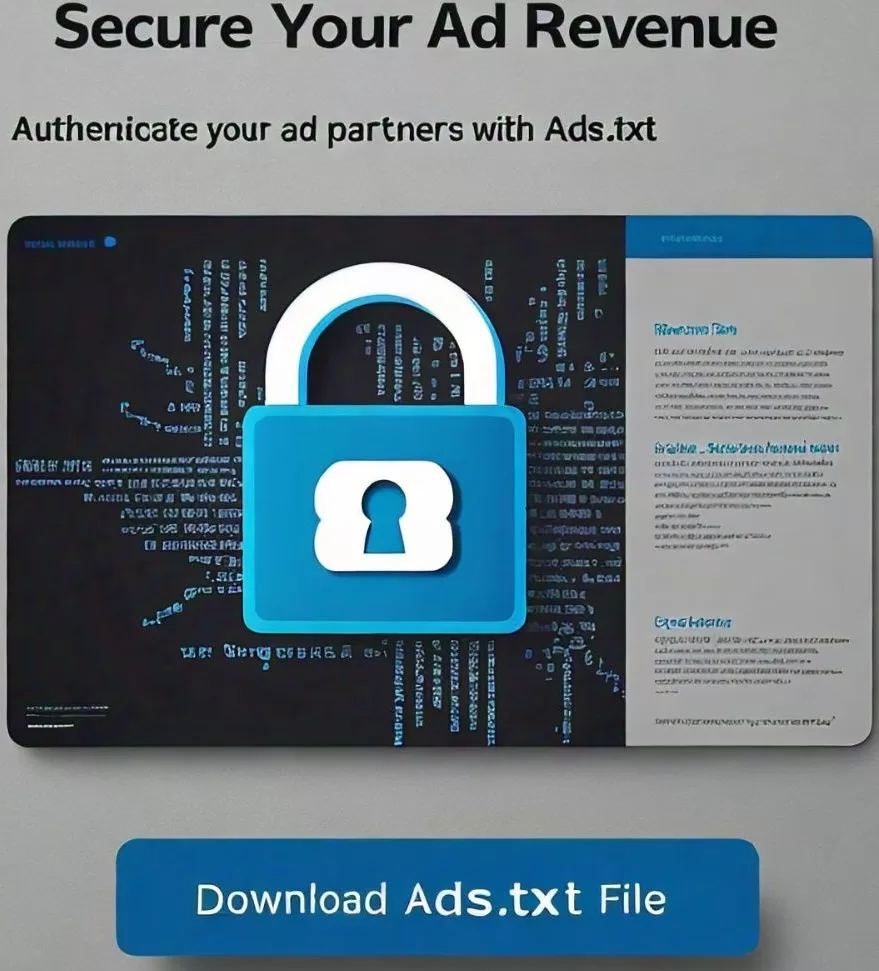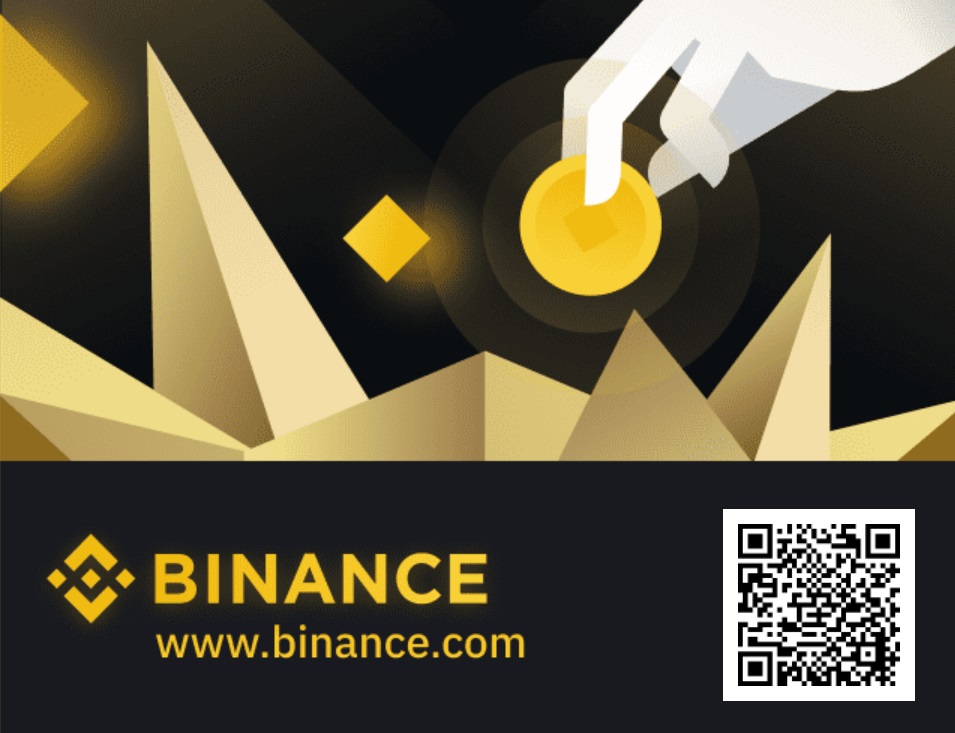Your cart is currently empty!

Web 3.0: A Paradigm Shift in Earning and Online Interaction, What is Web 3.0 Article by Syed Mohsin Raja
Spread the loveExploring Web 3.0: A Paradigm Shift in Earning and Online Interaction Today’s Newspaper Important News August 18, 2023 Foreign envoys did not take any interest in swearing-in of caretaker government of Pakistan. 24-member caretaker cabinet sworn in. Introduction The evolution of the internet has led to significant changes in how we interact, communicate,…
Exploring Web 3.0: A Paradigm Shift in Earning and Online
Interaction
August 18, 2023
Foreign envoys did not take any interest in swearing-in of caretaker government of Pakistan.
24-member caretaker cabinet sworn in.
The evolution of the internet has led to significant changes
in how we interact, communicate, and conduct business. With each iteration, the
web has become more interconnected and user-centric. The concept of Web 3.0,
often referred to as the “Decentralized Web,” is poised to bring
about another transformative shift. Unlike its predecessors, Web 3.0 focuses
not only on connectivity but also on reshaping how individuals can earn and
participate in the digital landscape. In this article, we delve into the core
principles of Web 3.0 and explore how it is revolutionizing the ways people
earn online.
Understanding Web 3.0
Web 3.0 represents a new era of the internet, where
decentralized networks, blockchain technology, and data ownership are central.
Unlike Web 2.0, which emphasized user-generated content and social interaction,
Web 3.0 emphasizes decentralization, interoperability, and user control over
data. It seeks to create an internet where users have more agency, privacy, and
ownership over their digital presence.
Earning in the Web 3.0 Ecosystem
One of the most significant aspects of Web 3.0 is its
potential to revolutionize how individuals earn online. Traditional internet
business models often involve centralized platforms that control data and
monetization, leaving users with limited earning opportunities. In contrast,
Web 3.0 introduces several avenues for individuals to earn in a more direct and
equitable manner:
Decentralized Marketplaces: Web 3.0 enables the creation of
decentralized marketplaces where creators can sell digital goods, services, and
content directly to consumers without intermediaries. Smart contracts on
blockchain platforms facilitate secure and transparent transactions, ensuring
that creators receive fair compensation for their work.
Tokenization and Cryptocurrencies: Web 3.0 supports the
concept of tokenization, where digital assets and services can be represented
as tokens on a blockchain. This allows creators to monetize their content or
services by issuing tokens that can be bought, sold, or traded.
Cryptocurrencies also provide new ways for individuals to receive payments
globally without the need for traditional financial intermediaries.
Decentralized Autonomous Organizations (DAOs): DAOs are
organizations that operate based on predefined smart contracts and are managed
by their community members. These entities enable collective decision-making
and resource allocation. Contributors to DAOs can earn rewards or income based
on their contributions to the organization’s goals.
Data Monetization: In the Web 3.0 paradigm, individuals have
more control over their personal data. This ownership allows users to share
their data selectively and even profit from it by participating in data
marketplaces where they are compensated for providing data to researchers,
advertisers, or other stakeholders.
Content Monetization: Content creators can earn directly
from their audience through microtransactions, subscriptions, or paywalls
powered by cryptocurrencies. This direct relationship between creators and
consumers eliminates the need for advertising-driven revenue models.
Challenges and Considerations
While Web 3.0 presents exciting earning opportunities, it
also comes with challenges:
Technical Barriers: The adoption of Web 3.0 technologies
requires a level of technical understanding that not all users possess. This
could limit widespread participation in the new earning models.
Regulatory Environment: The decentralized nature of Web 3.0
can create regulatory challenges, especially when it comes to cryptocurrencies,
tokenization, and data ownership.
Security Concerns: As with any technological advancement,
there are potential security risks associated with the use of blockchain and
decentralized platforms.
Conclusion
Web 3.0 represents a shift towards a more decentralized and
user-centric internet, where individuals have greater control over their online
presence and earning potential. The advent of decentralized marketplaces,
tokenization, DAOs, and new models of content and data monetization are
reshaping the digital economy. While challenges exist, the opportunities for
individuals to earn online in a fairer and more direct manner are significant.
As Web 3.0 continues to evolve, it will be fascinating to witness the
transformation of online earning and participation.
Article Tags
Web 3.0
Paradigm Shift
Earning Online
Digital Interaction
Decentralization
Blockchain Technology
Cryptocurrency Economy
Virtual Reality (VR)
NFTs (Non-Fungible Tokens)
Tokenomics
Smart Contracts
Distributed Web
User-Centric Internet
New Online Economy
Web 3.0 Applications







